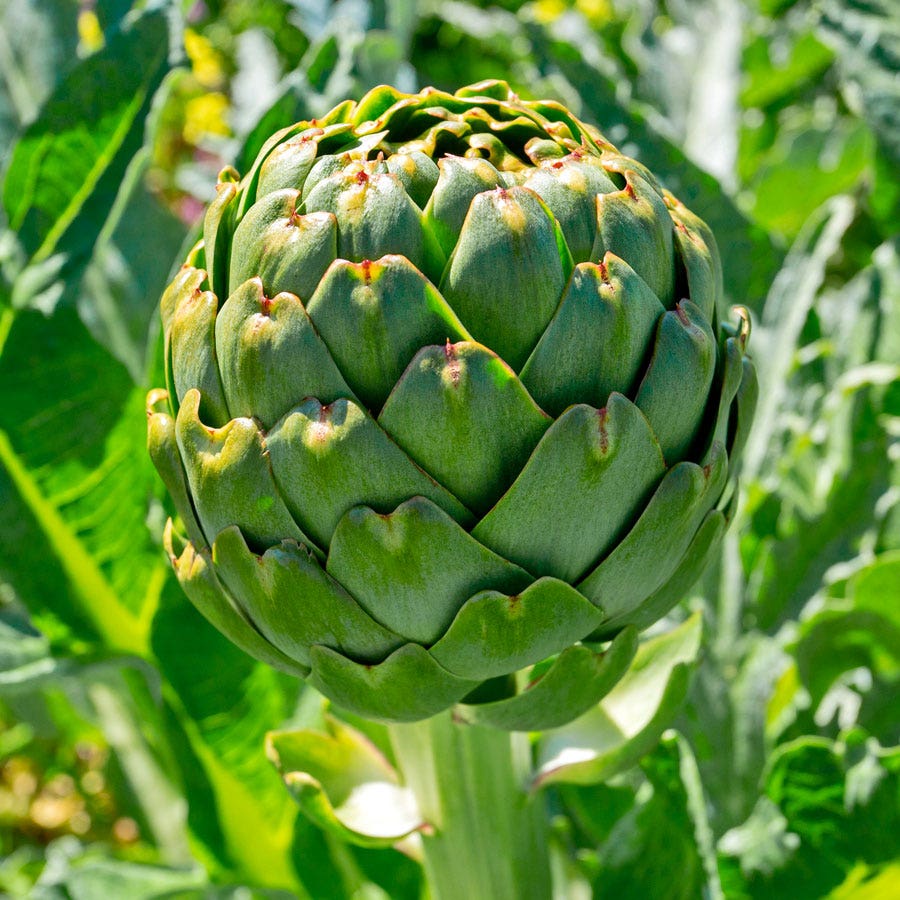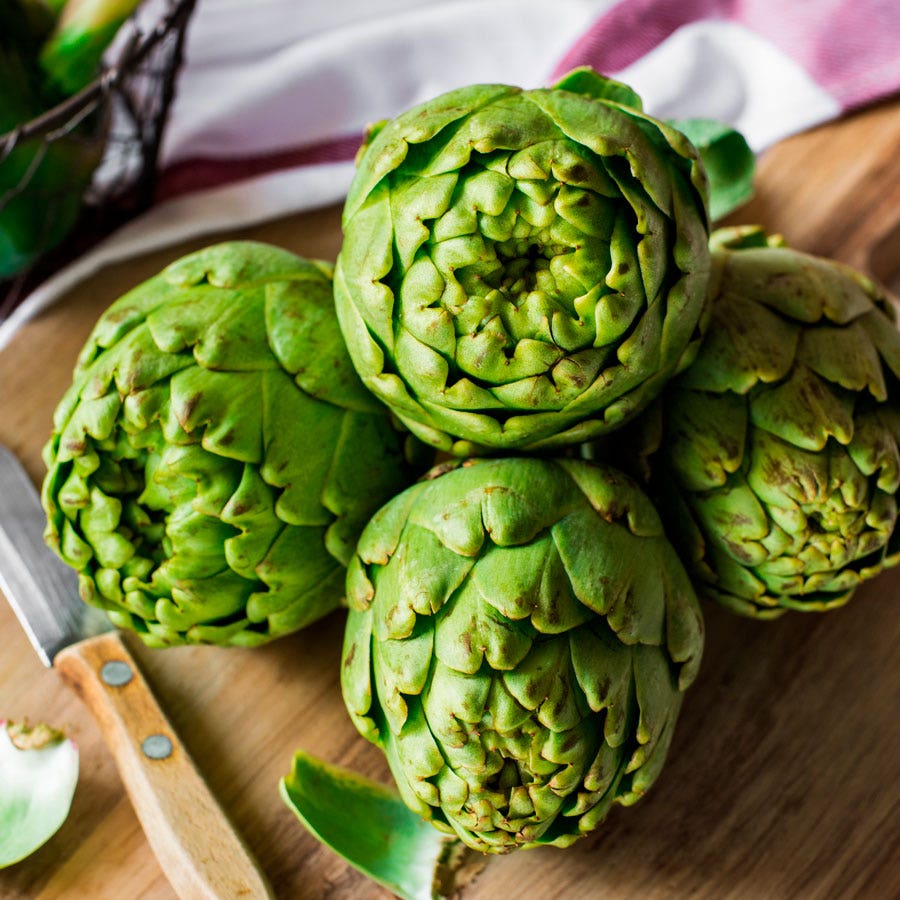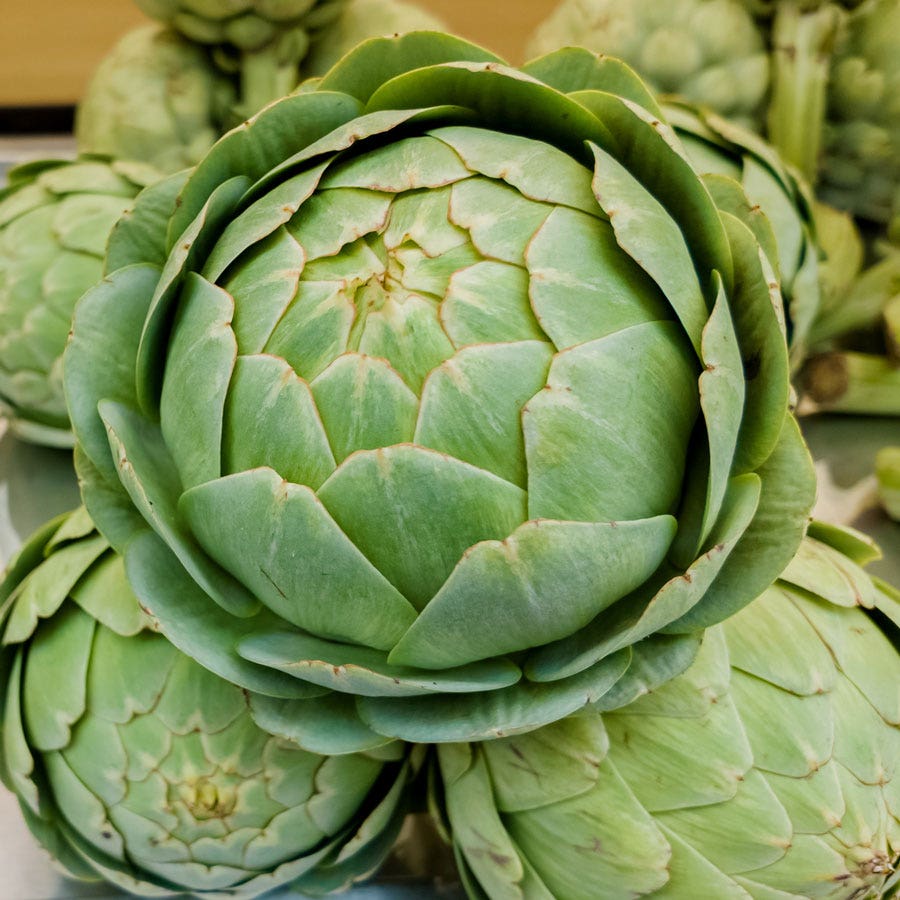parkseed
Imperial Star Artichoke Seeds
Imperial Star Artichoke Seeds
Zone compatibility details
Understanding the Prices on Our Product Pages
When shopping on our site, you might notice different types of prices listed for products. Here’s a quick guide to help you understand what each price means:
- Regular Price: The price before any discounts, typically reflecting the median price from the past 90 to 180 days, excluding special promotions and clearance events.
- Now Price: The updated price of an item after a reduction from the regular price. Now Prices are often limited to a short time frame and offer the opportunity to save.
- MSRP: Manufacturer's Suggested Retail Price, provided by the manufacturer as a benchmark to highlight the value of our current pricing.
- Discount Exempt: Products labeled discount exempt are not eligible for discounts or promotional offers.
Please note that product prices are subject to change without notice.
Couldn't load pickup availability
Share
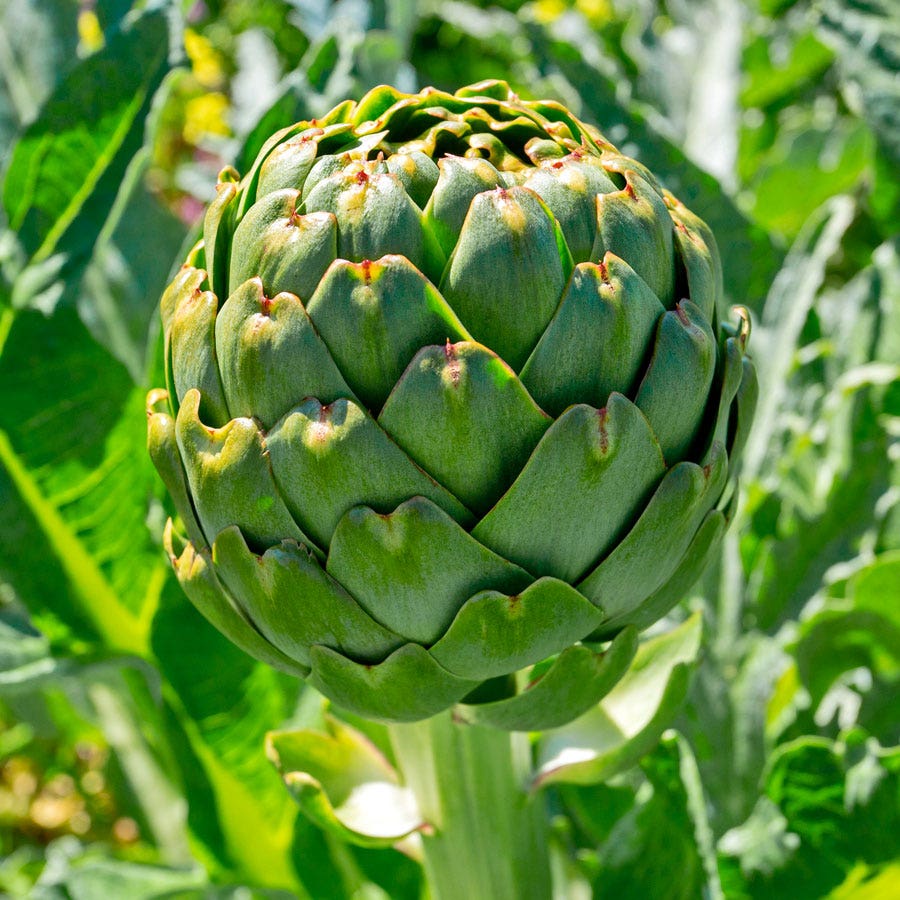
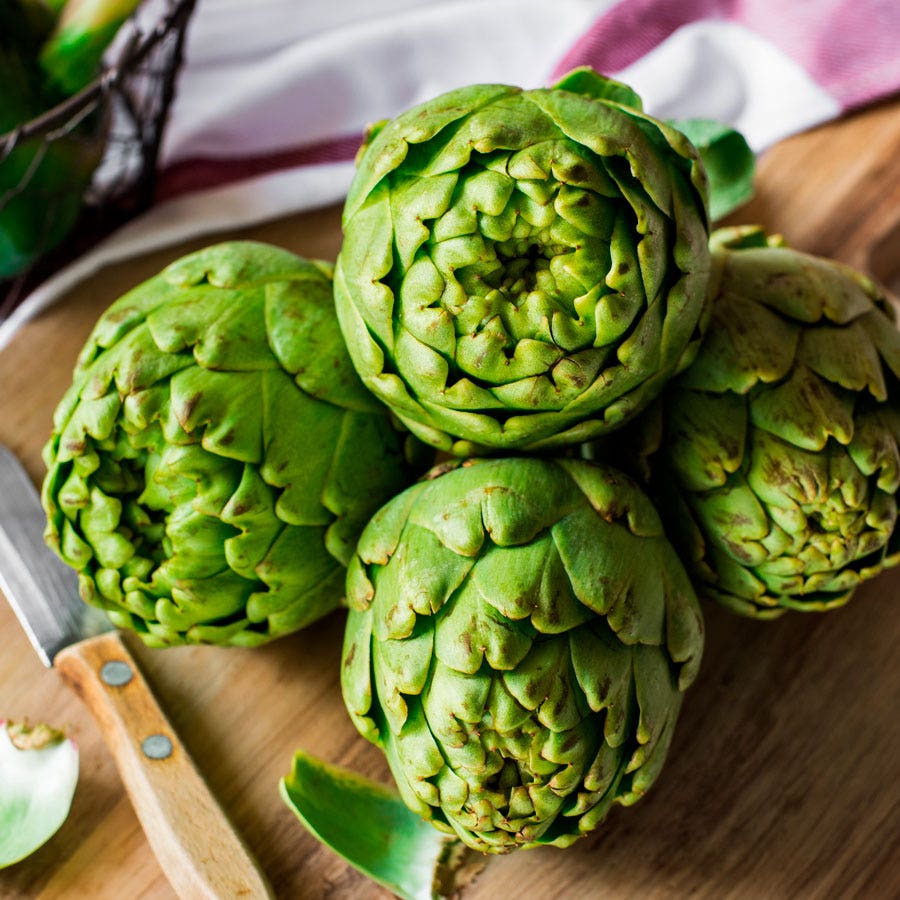
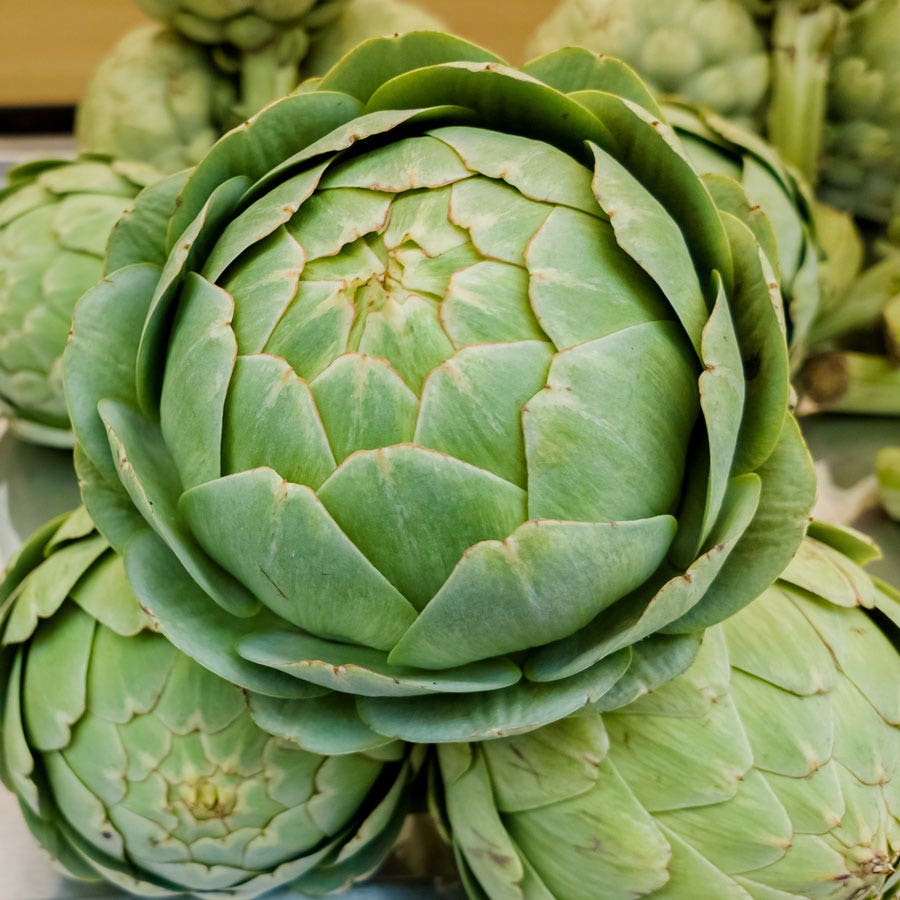
Grow Zone
8 - 11
Mature Height in Inches
30"
Mature Width in Inches
24
Sun / Shade
Full Sun
Bloom Size
" - "
Tomato Fruit Set
Days to Maturity
150
Fruit Weight
Soil Tolerance
Normal, loamy
Moisture
Moist, well-drained
Description / Imperial Star Artichoke Seeds
Days to Maturity: 90 to 150
A high-yielding green artichoke, Imperial Star is a fruit vegetable, commonly called globe artichoke. The plant sets large, round flower buds that are more tender and have a sweeter, milder flavor than other green globe strains. Artichoke is considered a superfood for its nutrient rich content, having a high (top 25) Aggregate Nutrient Density Index score (ANDI), or micronutrient-per-calorie density. Globe artichokes are a good source of folate and fiber. They also contain biotin, niacin, vitamin C, magnesium, potassium, and phytonutrients, mainly the carotenoids lutein and zeaxnthin.
Developed to be grown as an annual, Imperial Star, an herbaceous perennial (Zones 7-9), is a member of the aster family (Asteraceae). The hardy, medium-size, thornless plant produces full-sized artichokes the first year, with 1 to 2 primary buds and 5 to 7 smaller secondary buds. The buds are slow to open, making for a more leisurely harvest, and are best harvested at 4½ inches. Imperial Star has an upright, open habit of deeply serrate, nearly spineless leaves and a vigorous growth rate. If the plant is not harvested, the artichoke buds open into large (up to 7 inches), thistlelike, violet blue flowers. Equally ornamental, Imperial Star fits perfectly into an edible landscape or mixed border.
Imperial Star was bred for fast bud development and a short vernalization period, so it grows easily from seed in one season, growing best in temperate climates with cool summers and mild winters. It prefers full sun and very fertile, moist but well-drained soil with a pH of 6.5 to 7.0. The plant requires frequent watering and regular fertilization for maximum growth. Open pollinated, it produces seed that grows true to variety, ideal for seed saving.
A cool-season vegetable, one of the first to be planted in the garden, artichoke seed can be direct sown into the garden in early spring before the last frost date. It can also be started indoors 6 to 8 weeks before transplanting, spring and fall. It needs cold temperatures to germinate and grow, growing best when day temperatures range between 60 and 70°F and night temperature range between 50 and 60°F. If temperatures are expected to drop below 25°F, protect plants with row covers. Mulching helps to moderate soil temperature as well as to maintain soil moisture and control weeds.
If you plan to start your seeds indoors, be sure to check out our Bio Dome Seed Starter Kit. With the Bio Dome, you can control the temperature, light, and soil mix to ensure your seeds become strong for transplant.
Product Details
Virtual SKU: 05006
Selected Product SKU: 05006-PK-P1
Genus: Cynara
Species: scolymus
Variety: Imperial Star
Size:
Foliage Color: Blue Green
Habit: Upright
Light Requirements: Full Sun
Moisture Requirements:- Moist, well-drained
Uses:- Outdoor
- Edible
